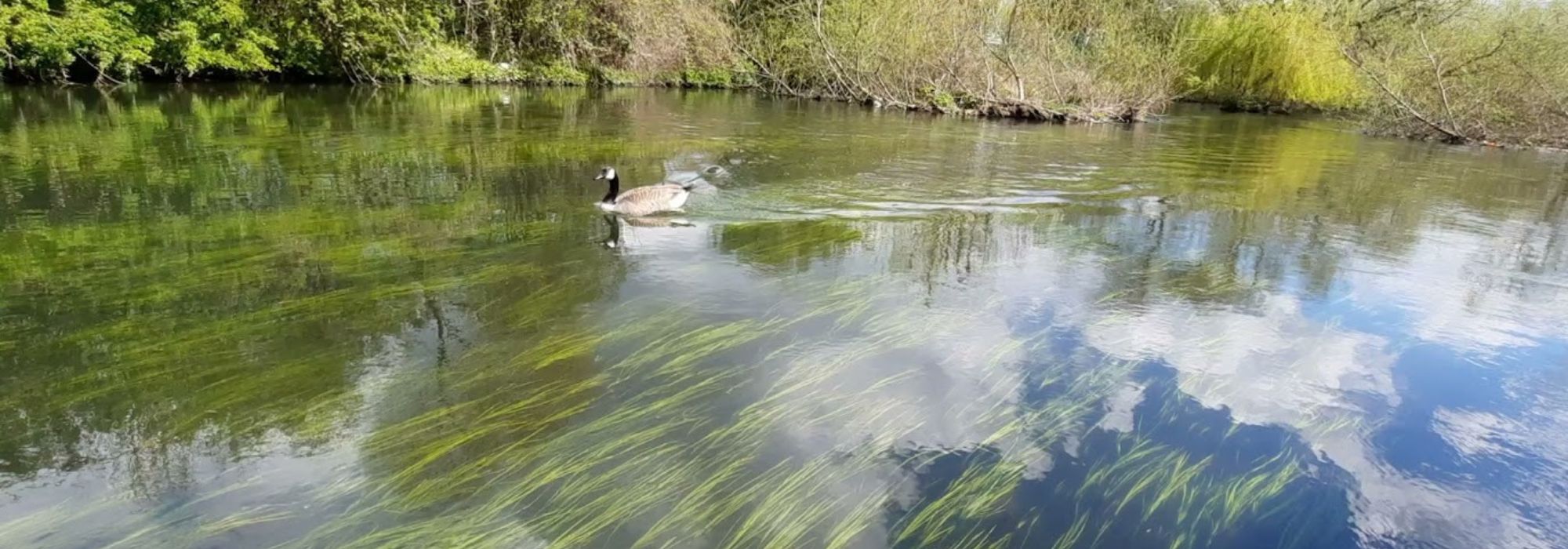Rivers ‘should be’ a key focus at COP28
Policymakers across the world must not forget to focus on water and rivers at COP28, environmental charity Thames21 has urged.
The climate emergency has increased the frequency and intensity of extreme weather events and governments, businesses and communities must protect the world’s rivers in order for them to be better prepared to tackle the impacts of droughts and floods brought on by the climate crisis.
As 2023 is on track to be the hottest year on record according to scientists, the effects of a changing climate are not a future issue but rather a present one. Wildfires in Canada and across Europe have scorched millions of hectares together. Devastating floods in Libya and Malaysia have displaced thousands of people. On the other extreme, severe droughts have been impacting Syria, Iraq, and Iran. No one is safe from these unprecedented events.
Ahead of the COP28 climate conference, which starts on the 30th of November in Dubai, UAE, Thames21 highlights that water is a critical issue that should be at the forefront of talks and actions to build climate resilience. Rivers play a vital role in nature and people’s lives and are key to coping with droughts, floods, and biodiversity loss.
The charity welcomes the launch of a working group on urban water resilience and looks forward to understanding the outcomes of the ministerial roundtable on the protection and restoration of freshwater ecosystems at COP28. Thames21 hopes to see countries ramping up their efforts and seriously committing to protecting and restoring waterways, which are vital for climate adaptation.
Liz Gyekye, Communications Manager at Thames21, said: “This subject should not remain on the periphery during talks. Rivers are crucial in our response to the climate and nature emergency and are vital tools if we are to tackle more extreme, accelerated and intense periods of drought and flood and manage their impact on people and wildlife.
“Healthy rivers provide drinking water, food, flood and drought management properties, enjoyable spaces for people, and rich habitats for plants and animals. Many of our waterways face challenges from sewage pollution, agricultural and road runoff, and abstraction, to name a few. Multi-stakeholder action is needed to protect and improve rivers’ health and therefore, their ability to cope with climate change-related events – for the sake of people and wildlife.”
While there is not one definitive quick fix to the climate crisis, nature-based solutions present a cost-effective path to dealing with the challenges posed. Thames21 uses a range of nature-based solutions to tackle pollution, mitigate flood risks, and boost biodiversity. These include tree planting, building wetlands, storage ponds and leaky dams, installing rain gardens and green roofs, and others.
Commitment and cooperation are key to finding solutions and enhancing the state of our waterways and aquatic ecosystems.
